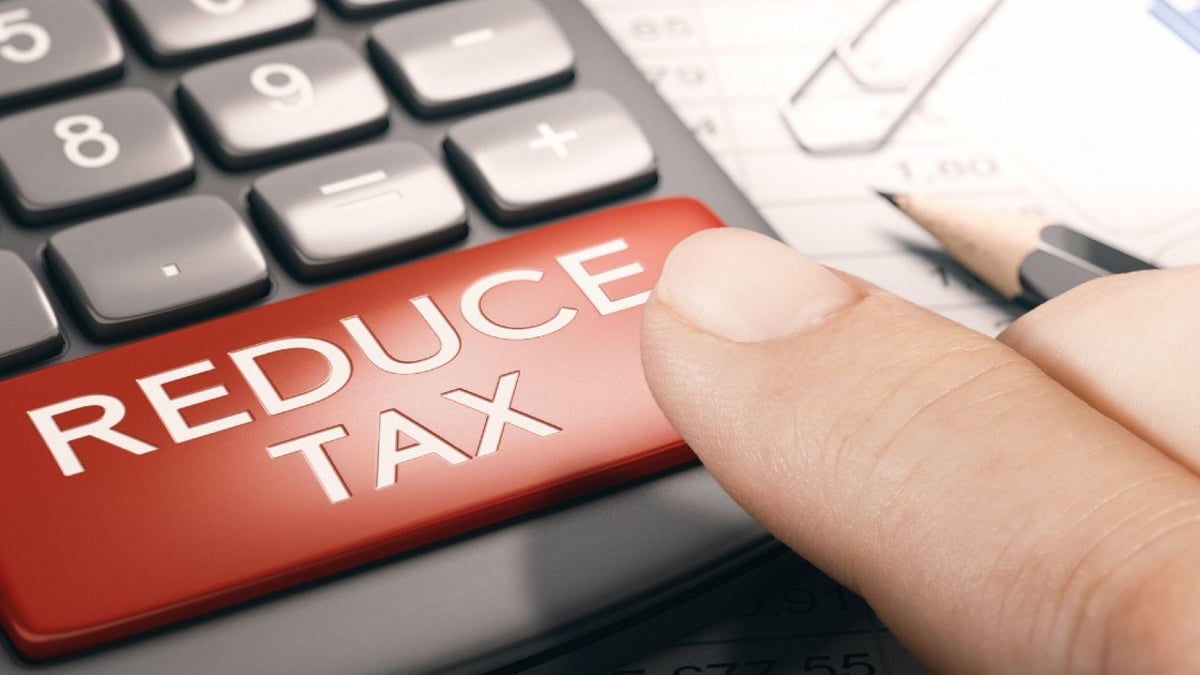Gambling Operators Have Two Big Asks In The Empire State

As Ferris Bueller warned us, “Life moves pretty fast. If you don’t stop and look around once in a while, you could miss it.” That is sound advice if you’re following gambling developments in New York.
Examining the New York gambling landscape in 2023 presents plenty of threads to pull. And during a recent hearing about the state’s sports betting tax rate, New York online sports betting operators tugged at two of those threads:
- Lower their mobile sports betting tax burden
- Legalize New York online casino gambling
Neither ask comes as a surprise, but getting either accomplished will be challenging.
Operators Want Lower Taxes
Speaking at the hearing, DraftKings Sportsbook and FanDuel Sportsbook made it clear that they are willing to lower their burden in any number of ways, including:
- A change to the state’s tax rate
- Increasing the number of mobile operators
- Allowing promotional deductions
“The cause of underperformance is not a mystery,” FanDuel President Christian Genetski told the committee. “It’s the pull back of investment by operators in the market.”
DraftKings CEO Jason Robins made several statements about the burdens New York operators are dealing with and how it is affecting business.
Robins hinted that if the status quo remains, operators will pass off the burdens to the consumer. Assemblyman Gary Pretlow saw the statement as a veiled threat, calling it “collusion,” and if it came to pass, the Attorney General would have to get involved.
Robins also said the effective tax rate in New York is above 70%, as operators aren’t allowed to deduct promotional credits from their tax obligations. This is the first time this argument has been trotted out, and it could be the last, as it didn’t seem to land.
Lawmakers Not Convinced
Based on lawmakers’ comments during the hearing, operators’ calls for mercy are being ignored by many.
Several lawmakers asked why operators, who knew the state had imposed an unsustainable 51% tax rate, applied for licenses. Robins’ answer was it was better to be in New York under any circumstances than to be on the sidelines.
Another strike against a lower tax rate was Gov. Kathy Hochul’s budget (which included $900 million in sports betting tax revenue). There is no way New York can get to that number with a reduced tax burden. In fact, Hochul’s $900 million would likely require a tax increase. The state’s 2022 haul was $693 million, and revenue has declined as operators pull back the reins.
The One Path to a Better Tax Rate
FanDuel and DraftKings both support legislation introduced by Sen. Joseph Addabbo (S 1962) that would increase the number of mobile sports betting licenses available to 14 in 2024 and 16 in 2025. Based on the tax rate matrix the state created for sports betting, the increase in operators lowers the tax rate to 35% and 25%, respectively.
How the governor and other skeptics will view this proposal is unclear. The state always envisioned more operators, evidenced by the tax rate matrix.
That should make lowering taxes by increasing competition an easier sell than merely decreasing the current tax rate, which would look like a handout to existing operators.
iCasinos and iPoker in New York
As captivating as the tax discussion is, it didn’t take long for the hearing on sports betting tax rates to morph into a PSA for online casinos.
“States like New Jersey, Connecticut, and Pennsylvania have authorized iGaming,” Robins said in his testimony. “And results have shown that iGaming’s success can come without cannibalizing existing retail gaming operators or the lottery, and certainly without experiencing the hyperbolic, doomsday scenarios that many opponents recklessly predict.”
As Robins pointed out and as evidenced by the states with both legal sports betting and online casinos, online casinos are the more significant revenue generator. According to Spectrum Gaming, the New York online casino market will generate revenue of $2.3 to $3.1 billion in Year 1 and $3.6 to $4.3 billion by Year 5.
Nor do online casinos come with the pesky baggage of promotional deductions or cutting in non-gambling entities like sports teams, bars, and restaurants.
That said, online casinos have their own set of problems:
- It’s a more controversial topic than sports betting.
- Does New York need to pass a Constitutional Amendment?
- How will New York cut in or placate tribal casinos?
New York will have to solve the above problems, and the state will need to broker some common ground between key lawmakers:
- Gov. Kathy Hochul
- Assemblyman Gary Pretlow
- Sen. Joseph Addabbo
Gov. Hochul has a lot of influence and (almost) the final say on bills. Pretlow and Addabbo chair their respective Racing, Gaming, and Wagering Committees.
Pretlow has already introduced two online gambling bills this year:
- A 1380, a bill to legalize online poker by defining it as a game of skill.
- A 3634, a reintroduced bill from 2022 that seeks to legalize online casino gambling.
However, it’s an expected bill by Addabbo (with Pretlow introducing companion legislation in the Assembly) that the industry expects to be the vehicle for legal online casino gambling. The big question is, will New York get in or watch it drive away?










